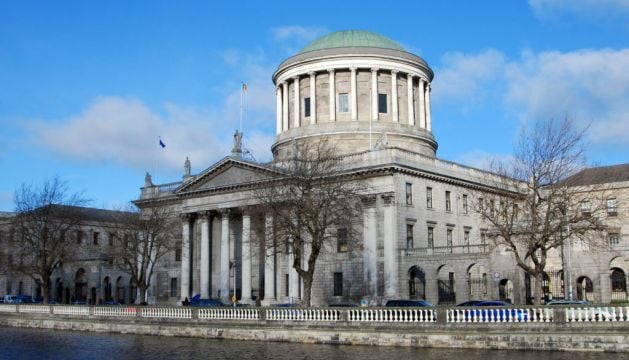A young boy who suffers from seizures and who sued over his care after birth at the National Maternity Hospital in Dublin has settled a High Court action with a €550,000 interim payout.
The boy’s mother told the High Court that he suffers severe seizures which can be life-threatening. The boy, who is seven years old, has been admitted to hospital in the past from anything to six hours to four days as a result.
It was claimed that following the birth of the baby at the National Maternity Hospital in 2015 he became profoundly hypoglycaemic, which means he had low blood sugar, and this allegedly went untreated for a number of hours.
As a result it was claimed the baby developed hypoglycaemic seizures and was admitted to the intensive care unit in very poor condition. It took several days for the paediatric staff to stabilise his condition, it was claimed, and he had to spend four weeks in intensive care.
There was also an alleged failure to carry out a blood sugar test in a proper and timely manner and an alleged failure to heed or to note that the symptoms as exhibited by the baby were consistent with hypoglycaemia.
It was further claimed that if the baby had the blood sugar test earlier than he did, it would have led to earlier intervention in his hypoglycaemic deterioration with a clinical course which might not have been so severe.
The boy cannot be identified by order of the court.
His counsel, Declan Doyle SC instructed by Michael Boylan solicitors, said the parents had wanted to deal with the matter in “a collaborative and non-contentious way” with the cooperation of the defendant.
Proceedings were only issued this year to facilitate the settlement which is an interim payment for the next six years. Mr Doyle said the settlement was reached after mediation.
The case will next come back before the court in 2029, when the boy’s future care needs will be assessed.
Breach of duty
Mr Doyle said the defendant’s position was set out in a letter from July 2022.
He said a breach of duty was admitted and there was a partial admission in relation to causation.
Counsel said the defendant had contended that some of the seizures may be linked to an unspecified genetic connection "was rubbished by their own experts."
Mt Doyle said that position had caused great anger in the parents.
The boy’s seizures he said need to be managed.
The boy’s mother told the judge "it should never have happened to our child" and she said she did not know what her son’s future will be. She said they had gone down every avenue to help their child.
She said they were angered and upset about the genetic connection contention.
Approving the settlement, Mr Justice Paul Coffey said the settlement was fair and reasonable.







